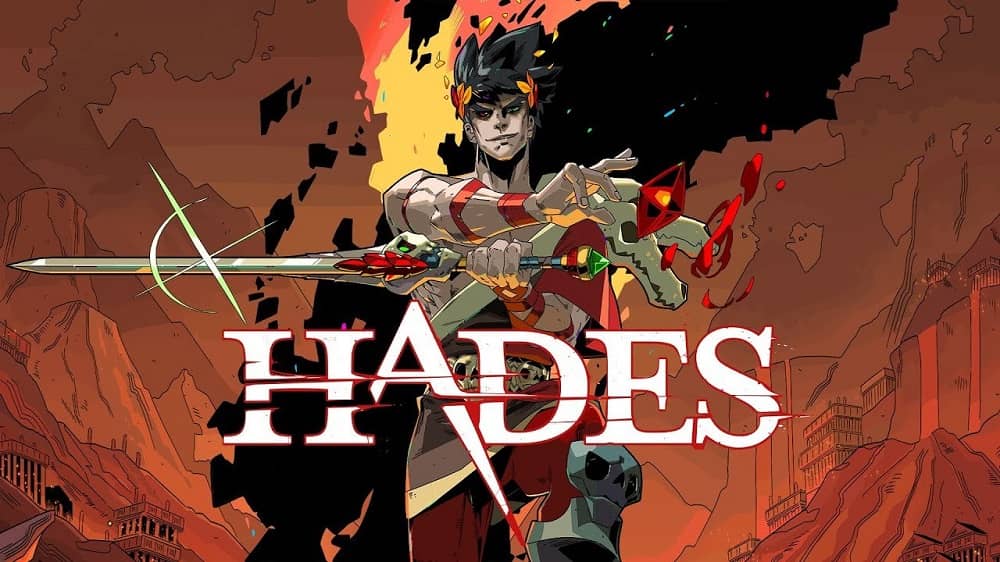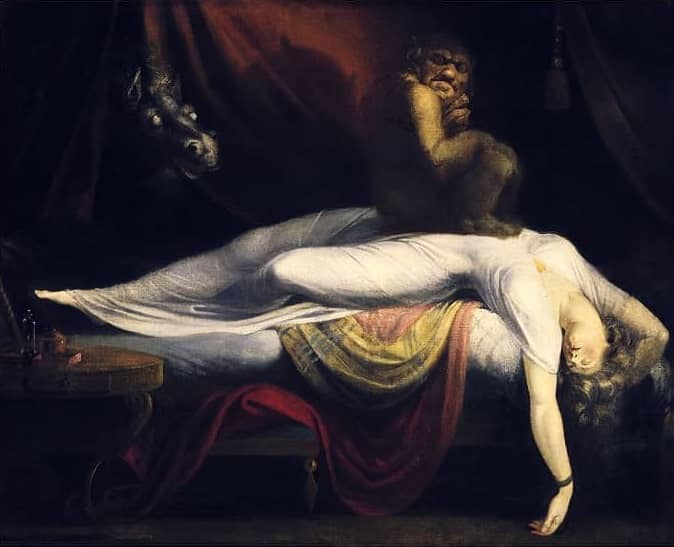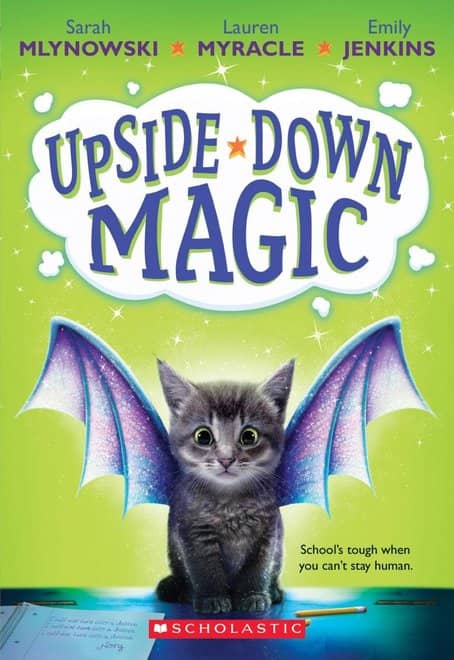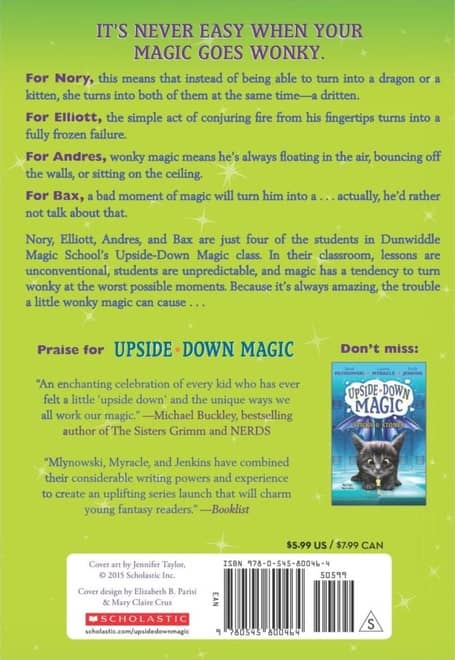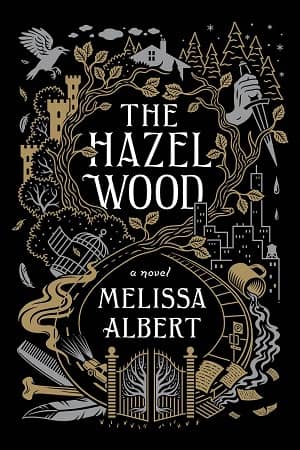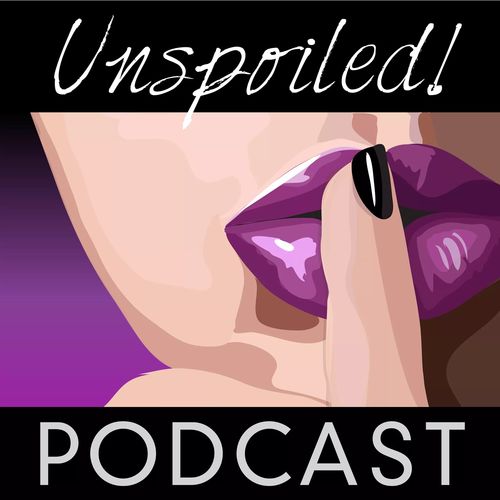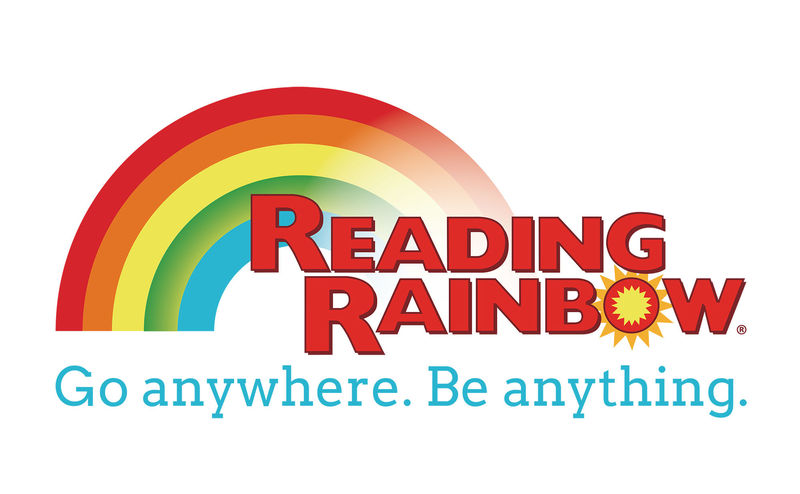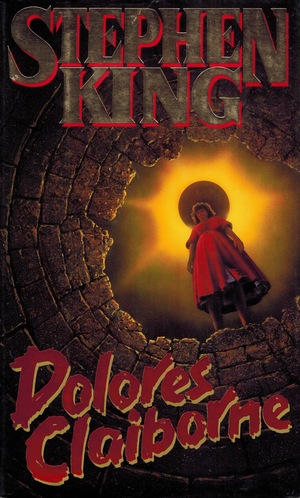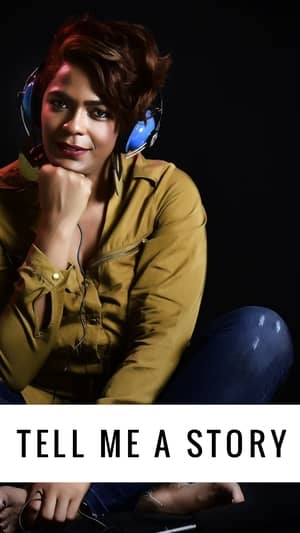 My resolution for 2018 was to write more.
My resolution for 2018 was to write more.
(Me and almost every other writer on the planet. If there’s one thing writers fight doing, it is actually getting the words down. I don’t know why that is, although therapists make millions off the question.)
To that ends, our noble and fearless leader has allowed me a tiny corner here to once again regale (or torment, depending on how you feel about such things) you on what’s tickling my brain. In the past we’ve talked ancient myth, and I imagine we will be on the playground a bit.
But currently, I find most of my time these days absorbing different media. I don’t read as much as I would like (although I could read 18 hours a day and I would say the same thing), but the Mom Life means I spend a fair bit of time listening.
I’m not alone in that. The Audio Publishers Association reported last year that they’d seen three years straight of growth in sales above 30%. Audible doesn’t release membership numbers but did report in 2016 that they’d logged over 1.6 BILLION listening hours in the previous year.
It’s the age of the audiobook. Our ubiquitous phones mean that listening is easy and portable, and interfacing between devices means that it is almost seamless. I can pick up my phone, read a book for ten minutes while dinner is cooking, then switch over to the audiobook and let the narrator read the next chapter while I do the dishes, then switch back to the printed format to read in bed. And I’ll never lose my place.
For myself, audiobooks and podcasts fill a valuable function. I spend a lot of time in fairly mindless, rote tasks that are, for lack of a better word, really boring. I manage a household of two elementary kids, a husband with demanding work hours, two cats, and a dog. The laundry alone is a job, and let’s not talk about how many hours I spend in the car.
So I turned to audiobooks at first to confront boredom. Laundry is much more likely to be folded if someone will tell me a story while I do it. But I quickly fell in love with them as a form of art all their own. The performance of an audiobook can make or break a story. Bad readers can butcher even Shakespeare. An excellent reader can take flat, cliched dialogue and make it lively.
…
Read More Read More

